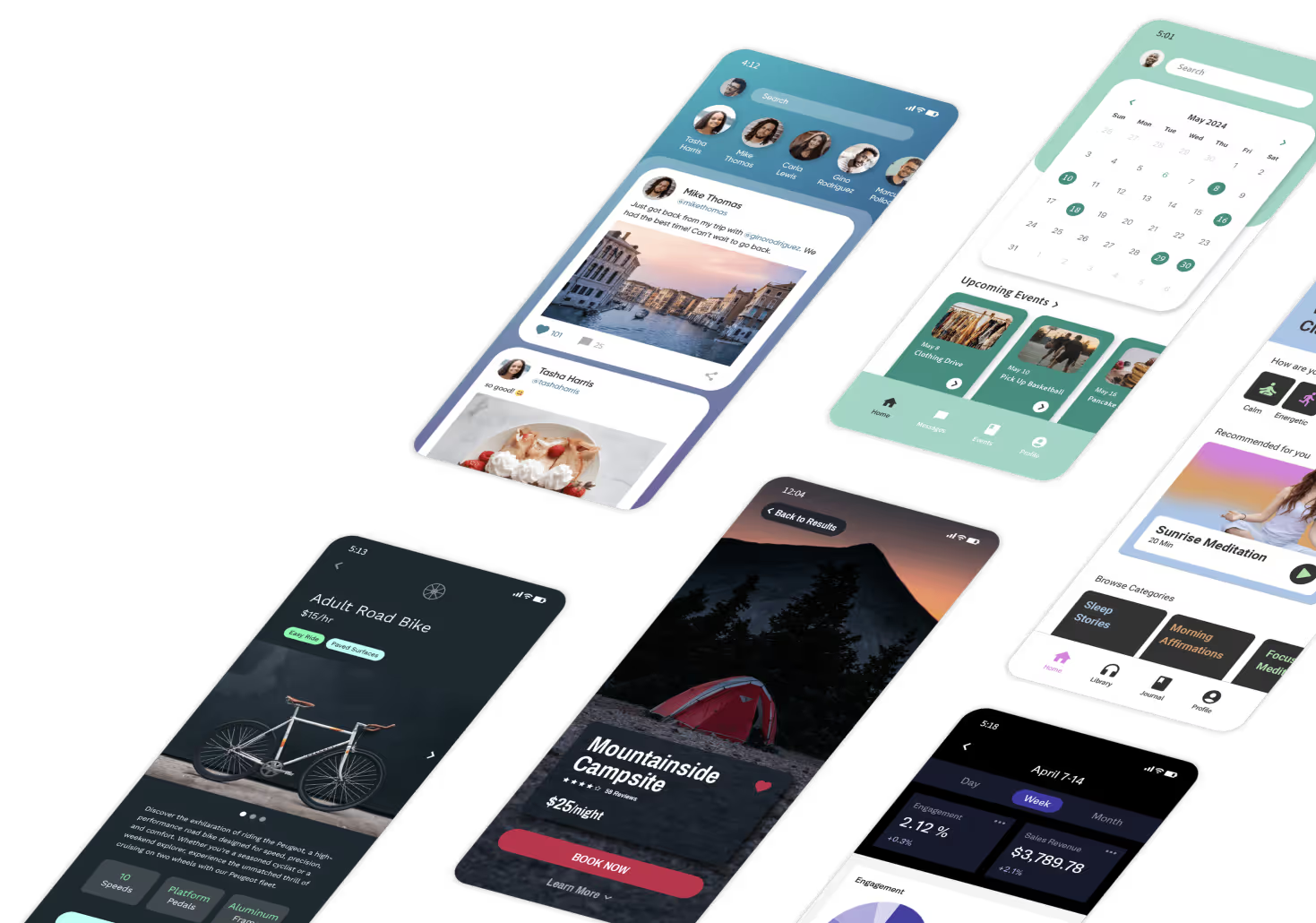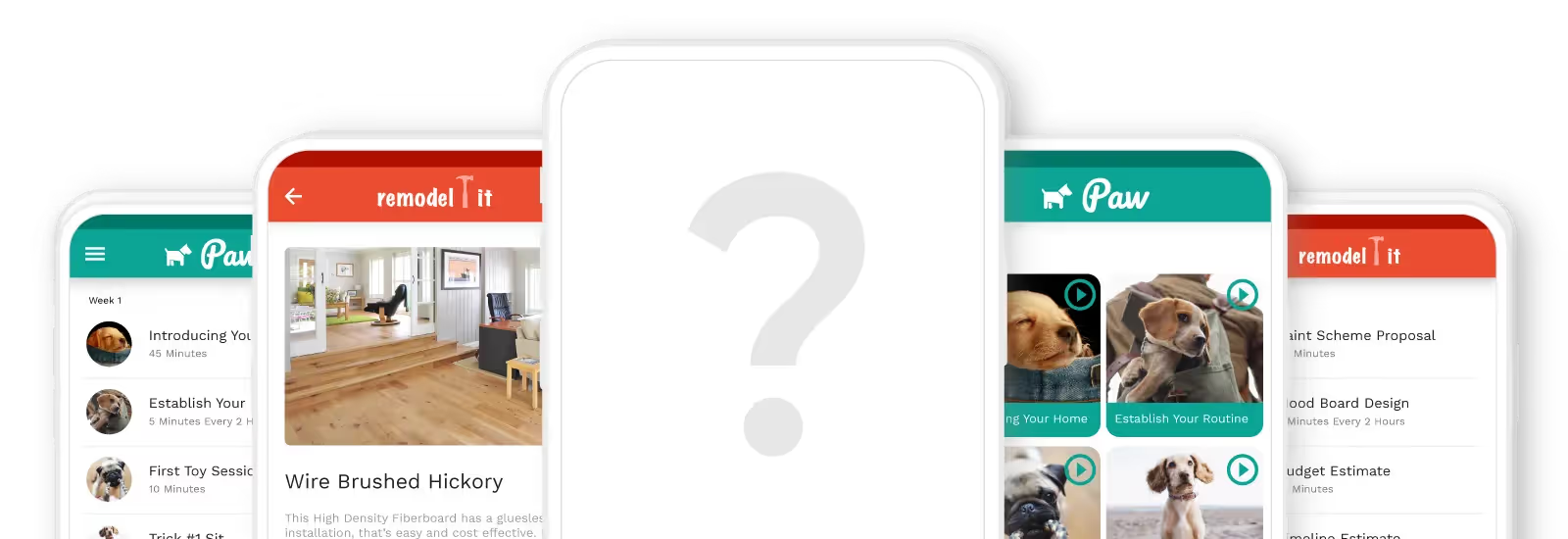When you’re passionate about something, you tend to have innovative superpowers. Think about your own experiences for a second; your best work has probably been when you were enjoying what you were doing - whether that was a professional project at work, your senior thesis, or a personal present for a loved one. This begs the question: how can we harness this power?

In order to figure this out, we first have to draw a distinction between passion and purpose (yes, we’re diving into semantics a little here, but we promise we have a point). Most of us are passionate about multiple things - a hobby, our favorite sports team, a specific project at work - but those things aren’t necessarily our purpose. For example, I’m extremely passionate about basketball but I’m not ready to call that my life’s purpose. So what’s the difference? The difference is that purpose is the one aspirational thing you would devote your life to pursuing and likely never fully achieve. Restated, there are three distinctions: 1) purpose is something that you’re always passionate about; 2) it has a larger meaning; and 3) it can’t be fully accomplished.
Ok, this seems simple enough then. All we have to do is figure out which thing we’re most passionate about so that we can turn into our purpose, right? Can’t be that hard. Tons of other people have done this, right? Yes… and no.
There are certainly some people that seem to have found their one purpose. They have their life figured out; they’re heading in a meaningful path forward, knowing which direction to take at every turn. And let’s be real, this can be super frustrating to watch them when we’re over here like….
These lucky, purpose-driven people also tend to be superstars of innovation. Take the classic example of Steve Jobs. He’s quoted as saying his purpose was:
“to make a contribution to the world by making tools for the mind that advance humankind.”
And he certainly did. From the Mac, to the iPhone, to the iPad, he was able to keep creating new things all in the pursuit of that purpose. And this is where the differences between passion and purpose are key to consistently harnessing those innovative superpowers. When we find our purpose we’ll always be passionate about what we’re doing and thus we’ll always be more innovative. So how on earth can we find our own unicorn-like purpose like Steve Jobs?

Finding My Purpose
Over the past few years, I’ve undergone a bit of a transformation. When I was younger, I always told everyone that I wanted to be an architect (I even started compiling a waitlist of friends whose dream homes I was supposed to build when I became famous). Then one day while I was finishing up my Master’s in Architecture, I was given an opportunity to teach design to a group of students from St. Louis in a wonderful initiative called the Alberti Program. After going through nearly 7 years at one of the most prestigious programs in the nation, you would think that I could easily teach these kids how to design, but I couldn’t. Sure I could teach them about architectural principles like lighting and space, but I couldn’t explain my design process in a way that would allow them to apply it to the kinds of problems they were facing.
This really bothered me. I realized how powerful and important it was to understand this skill, yet there didn’t seem to be an easy way to learn it. This one moment set me down a path where I ultimately discovered my purpose: “to help people create new things.” Since then, I’ve changed a lot about my life. I left architecture and became a product designer to learn more about innovation outside of architecture, and in my free time, I now do everything I can - from reading countless books and articles to attending conferences - to learn more about “creating new things.” Starting this blog with Ben is a perfect example of pursuing my purpose. It feels amazing. So how did I get here? Well good news for you, after reflecting on my own journey, I realize that following five key steps would have helped me figure this out a lot sooner.

Step 1: What Do You Enjoy?
What you like spending your time on may be obvious to you, but most people don’t think about what they do for fun as relevant to their life’s purpose, so it’s worth explicitly considering. So, what do you do for fun and relaxation? What kind of fiction do you read? What about non-fiction? What kinds of games do you like to play? How do you spend your time outside of work? Do you like to travel? What kinds of trips do you take? Why? Keep asking yourself these kinds of questions about how you really enjoy spending your time and record your answers. You may start to see the beginnings of a purpose, but most of you probably won’t...at least not yet.
Step 2: What Are You Good At?
(And, conversely, what you’re not so good at). This is important. Your purpose must not only be something you enjoy, but it must also be something that can leverage your skills. Otherwise you’re in for a lifetime of frustration. So what are you good at? What kinds of things just seem to come easily to you? On the flip side, we all have things we find frustrating. Either they take more time than they really should, or we always find ourselves asking other people for help with them. What are those things? Again, record your lists, both your strengths and your weaknesses. At this point, you really should start to see a pattern. There will be overlap between some of the things you really enjoy doing and some of the things you're good at.
Step 3: What Do You Care About?
A purpose isn’t just about having fun and being competent. It’s also about passion. Without that, you will, at some point in the future, lose interest and stop having fun. So what do you care about? What kinds of news articles, blogs, and non-fiction books do you read? What are your favorite topics of conversation with your friends and family around the dinner table? On the flip side, what are the conversations that leave you dying to change the subject? Again, list these out.
Step 4: Who Do You Admire?
Searching inside yourself isn’t the only way to discern your purpose. You can also look to other people for inspiration. Think about your friends that inspire you the most. What’s their purpose? Have you asked them? There’s a reason they’re your friends. Maybe their purpose is actually something you have in common, even though you hadn’t yet realized it.
Similarly, you can also look to the people you don’t know personally, but still find inspiring. Sure, you probably won’t be able to have a deep conversation with them about their life’s purpose like you could with a friend, but if they’re famous, you’ve got a lot of resources at your disposal. Read blogs and find biographies to help you understand what makes them tick.

Step 5: Look for Patterns.
This last step is the simplest to describe but probably the hardest to execute. Once you’ve reflected on these four key areas, look for the pattern that runs across all of them. Here is where you may just find your home run, the purpose to dedicate your life to serving.
These Are Your First Steps...
After going through this process either one of two things will happen: you’ll have found your purpose (or confirmed the one you already thought you had) or you’ll still be left wondering. As much as we’d love to say that this is a perfect unicorn-catching process, it isn’t. For those of you who haven’t found your purpose yet, don’t be worried. At the very least, this hopefully opened your eyes to more things that you’re passionate about. And that’s awesome! You’ve just discovered the things that will produce your most innovative works. If these things can be done at work, try seeking out those projects. If these things can be done in your free time, try creating a personal project around them. These passions might just turn into your purpose one day. Don’t be discouraged and don’t stop looking for it; because once you discover your purpose it’s life changing.
P.S. If you’d like to learn more about finding your purpose, I’d encourage you to read an amazing book by Ken Robinson called The Element: How Finding Your Passion Changes Everything.












.png)
.png)
.png)
